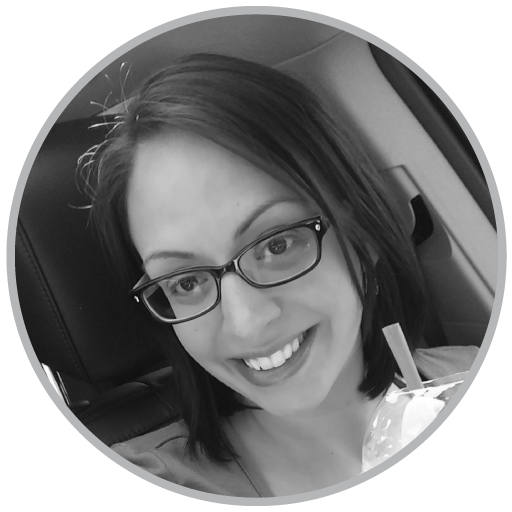
Addiction. We all have one, whether we consciously chose it or not. Sugar, food, caffeine, nicotine, marijuana, working out, speed, heroin, hoarding. Some people hide their addictions from the outside world. Others can’t.
Most addictions start as fun. Then they become habits — physical, psychological, or both — that eventually change the way the brain functions. If you buy your first pack of smokes, it would be easy to quit after it runs out because you haven’t begun the habit. But after waking up for 7,300 days in a row and grabbing that morning ciggy, after conditioning your body to crave the nicotine and the mechanical routines of smoking, after training your mind to crave the sensations, the habit becomes much more difficult to stop.
“It will kill you!”
“I know but I still want to do it.”
“How can you smoke when you have two young children?”
“I know it costs a lot of money and causes health issues for myself and my family, but I am not ready to stop.”
I have dabbled in the wonders of the brain in a few earlier posts, but that spongy gray organ still amazes me. We are the most advanced species on the planet – the top of the food chain – yet we remain slaves to our brains. Yes, I know, we are the ultimate holders of our own destinies. But our brains – which control it all – can be easily programmed in many self-destructive directions.
How do we change the way our brains work? Anyone who has stopped drinking coffee, gone through recovery, or quit smoking knows. Time and commitment. Time never heals the brain. That’s not possible. Time just reteaches, creates new habits, conditions us to a new “normal”. There is always the potential to go back to old habits. But with time and commitment, behavioral change is possible.
The worst parts of us don’t have to define us. Our brains don’t have to define us. But what we are able to overcome should always define us.
I wish there were a way to more simply fix parts of the brain with more exercise or the right nutrition. But it takes much more than that. If you know people who have died due to their struggles, keep the faith. Their passing may be the catalyst someone else needed to start the journey of retraining the brain. And the lives of those who passed will always be remembered for the good they have done, not the bad.
We all have many choices in life, but we also have a brain that acts as the control center. We must be aware of our choices – especially those that turn into habits. If we want to live in a better world, we must be a part of that better world.
